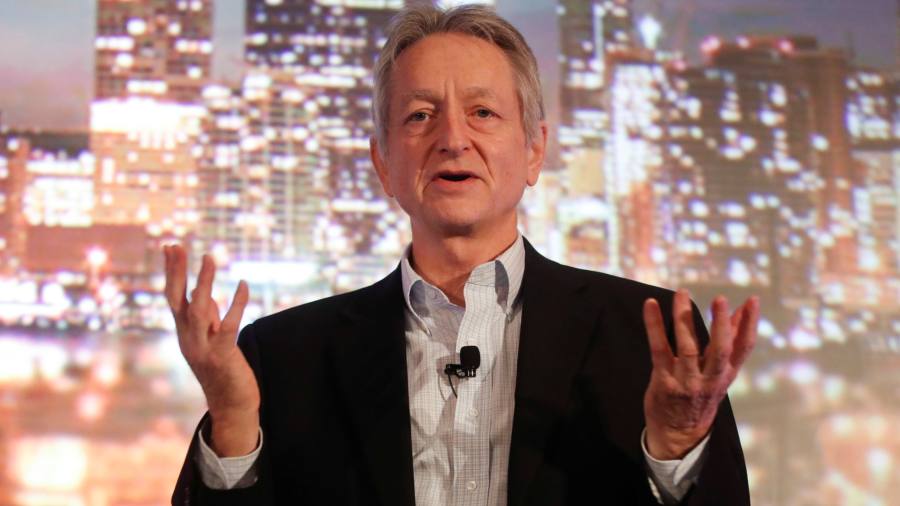Artificial intelligence pioneer Geoffrey Hinton has left Google after more than a decade at the US search giant, citing fears about the rapid development of generative AI.
Hinton, a part-time professor at the University of Toronto who is widely viewed as the godfather of modern artificial intelligence, said he quit to speak freely about the dangers of AI.
The 75-year-old British scientist told the New York Times that he partly regretted his life’s work, as he warned about misinformation flooding the public sphere and AI usurping more human jobs than predicted.
“I console myself with the normal excuse: if I hadn’t done it, somebody else would have,” said Hinton. He added that it was “hard to see how you can prevent the bad actors from using it for bad things”.
His comments follow a rush of groundbreaking AI launches over the past six months, such as Microsoft-backed OpenAI’s ChatGPT in November last year, and Google’s own chatbot Bard in March.
The accelerating pace of development and public deployment has raised growing concern among some AI researchers and tech ethicists. In March, Elon Musk and more than 1,000 tech researchers and executives called for a six-month “pause” on the development of advanced AI systems to halt what they call a “dangerous” arms race.
Hinton said he was concerned the race between Google and Microsoft to launch AI-driven products would push forward the development of AI without appropriate guardrails and regulations in place.
He added: “I don’t think they should scale this up more until they have understood whether they can control it.”
Hinton also voiced concerns that AI could surpass human intelligence, which he now believed was coming faster than he had expected.
Hinton joined Google in 2013 after selling his AI company, which he founded alongside his student Ilya Sutskever, a co-founder of OpenAI, to Google for $44mn. It came as part of a wave of scientists hired by the company with a specialisation in deep learning.
At Google, he has continued to be at the forefront of “deep learning”, a technique that underpins most of the recent advances in AI development, including generative AI, and has pushed the field forward.
His departure from Google comes at a time of turmoil for the company, which recently merged its DeepMind and Google Brain AI research units as it tries to make up lost ground in generative AI against Microsoft and OpenAI.
Jeff Dean, chief scientist at Google, said: “Geoff has made foundational breakthroughs in AI, and we appreciate his decade of contributions at Google.” He said the company remained committed to “a responsible approach to AI”, including understanding emerging risks.
Read the full article here




